"Student will gain valuable skills that will provide for increased opportunities for jobs in the mining sector. Through this funding, the College of New Caledonia is able to bring advanced technical training to remote communities and to the large number of aboriginal learners in Northern British Columbia."
Lynn Jacques, Vice President Academic, College of New Caledonia
"This program has offered an opportunity to gain further education. It has been designed by industry to meet industry needs. It's a great model where the outcome is jobs!"
Joan Ragsdale, Regional Director, Lakes District Campus
"On the surface, more jobs and an improved economy are what you see here today, but the real benefit is the pride our residents have in our community, knowing we worked together to reshape our future."
Ann McCormick, Fort St. James Campus Supervisor, College of New Caledonia
Positive Economic Impacts in Central and Northern BC
British Columbia's mining industry is poised for a number of new operating mine startups over the coming decade, and the planned expansion of current operations will also require a significant workforce that will be ideally sourced from within local communities. The College of New Caledonia's Mining Industry Certificate program allows these local graduates to obtain employment from the new mines, and diversify their skillsets to secure employment with existing mining operations as well.
The establishment of this innovative training program is reducing mining companies' dependence on people coming from outside the region to fill newly available positions. With local residents securing well-paying employment at local mining operations, the payrolls from large-scale mining activity in the region will remain in central and northern British Columbia's communities, circulate within local economies, and be further invested in building community infrastructure in the region.
Many people who have years of experience working with heavy machinery in the forestry sector are now being given the opportunity to transfer their skills to mining equipment through this program prior to applying for jobs in the mining sector. This is giving local residents a competitive advantage on many other applicants that are willing to relocate to central and northern BC from other provinces and countries.
A key aspect of the College of New Caledonia's Mining Certificate Program involved active recruitment of aboriginal youth and women in addition to displaced forestry workers. The unique design of the program, CNC's commitment to the program by assigning base funding, and its classroom-based simulator training lowers the cost of offering the course, dramatically reducing the cost of tuition for local residents. This program provides training that has lead to meaningful employment opportunities for these local residents that are often an underemployed segment of the region's population.


